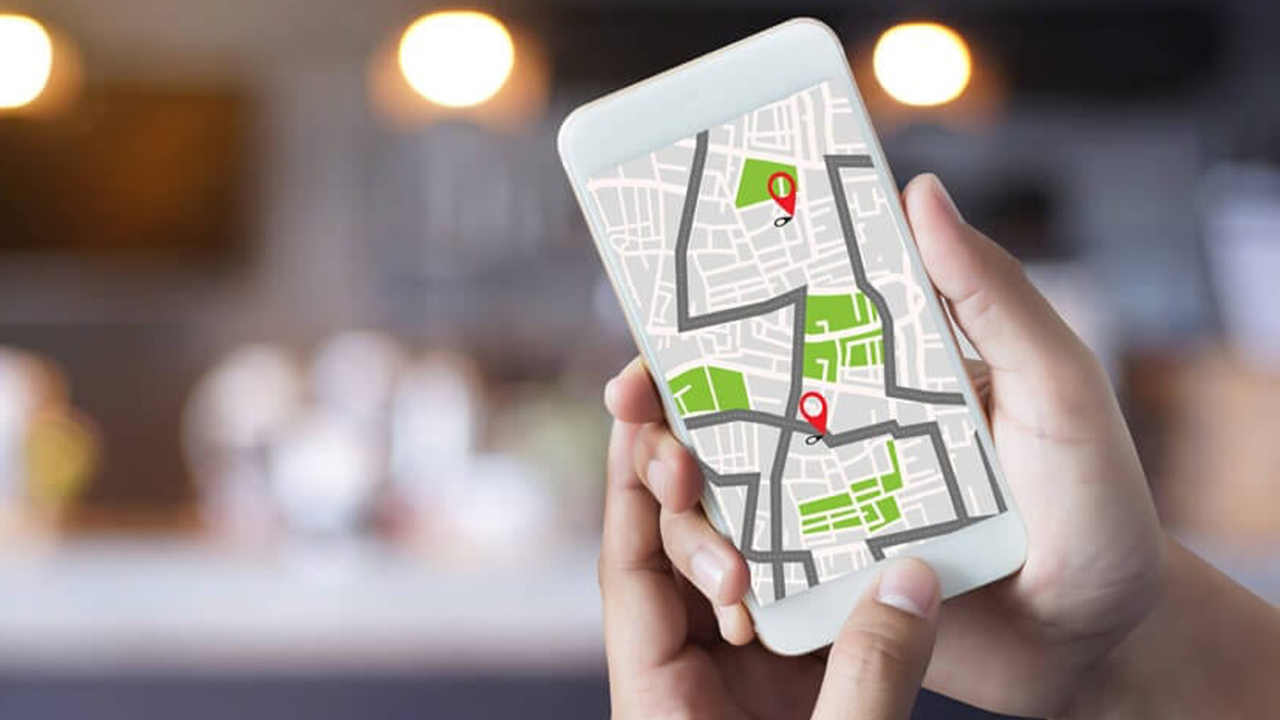Geolocation data, also known as location information or location intelligence, provides a way to track and analyze the location of internet users. The ability to gather and use geolocation data has become increasingly important as marketers strive to improve their return on investment through digital advertising.
What is Geolocation Data?
Geolocation data is a type of data collected by devices that identify the physical location of an internet user through their device’s IP address. The information provided can be used to track and analyze the location of internet users, with many companies using geolocation data for marketing and advertising purposes.
Where Does Geolocation Data Come From?
Geolocation data comes from a variety of sources and can be collected by a number of devices. Some of these include:
- The user’s device (e.g., smartphone)
- The user’s browser (e.g., Google Chrome, Internet Explorer)
- The user’s application program interface (API), which may be built into the operating system or installed as an add-on for other software applications
The Challenge of Accurate Location Data
Geolocation accuracy is a challenge because there are many variables that can affect location data, including:
- The source of the geolocation data (e.g., IP address).
- The type of device used to collect and transmit the geolocation data.
- The location service provider (e.g., Google or Apple).
The accuracy also depends on where you’re trying to get your geospatial coordinates from; it may vary depending on whether you’re using GPS or wifi signals for example, but generally speaking this will be something like +/- 5 meters in an urban area and more than 50 meters in rural areas due to variations caused by buildings blocking signals from satellites orbiting above us all day long!
How to Use and Improve Your Geolocation Data
It’s important to understand the ways you can use geolocation data in your organization, and how to improve it. The following tools may be helpful:
- Use a third-party provider to collect data. This will give you access to a more accurate data set than you would have been able to gather on your own using one of the other methods discussed above.
- Analyze that data and improve its accuracy. After receiving location information from clients or customers, companies can use advanced analytics software like IBM Watson Analytics or Google Maps API for Business Intelligence (BI) Software
Why Is Accuracy Important?
Geolocation data accuracy is important for a variety of applications. For example, geolocation data can be used to target advertising campaigns, deliver emergency response services, and improve public safety.
As you may know, there are many potential sources of inaccurate geolocation data. For example:
- The user might not have a GPS device on their smartphone or tablet. In this case, the accurate location would be off by up to several hundred meters (or more).
- If the user has GPS turned off on their smartphone or tablet but Wi-Fi turned on in order to connect with nearby Wi-Fi signals (for example), then the accurate location will likely still be off by several hundred meters (or more).
The Future of Geolocation Data Usage
Geolocation data has tremendous potential to improve your customer experience, business operations and sales and marketing efforts.
- Geolocation data can be used to update the personal profile of customers or prospects, allowing you to deliver more relevant content such as customized offers for specific locations or times of day.
- By understanding where your customers are physically located at any given time, you can optimize their shopping experience with notifications that let them know about nearby products or services in real time.
- You could also use geolocation data in conjunction with other forms of analytics such as purchasing history and social media activity to identify trends which may help inform future decisions around pricing strategies, product development and more!
Geolocation data provides a way to track and analyze the location of internet users.
Geolocation data is a way to track and analyze the location of internet users. It can be used to help advertisers target their marketing efforts, or it can be used by researchers to study internet usage patterns. Geolocation data is also used in other ways, such as by social media platforms like Facebook and Twitter to determine where you are when sharing content online.
When you’re using your phone’s GPS signal or Wi-Fi connection to access the internet, this information can be recorded by companies that collect geolocation data and share it with third parties. If you want to know how accurate these sources are, here’s what you need to know about them:
Conclusion
As we’ve seen, geolocation data is an important tool in the digital marketing arsenal. This data gives marketers a better understanding of how their audiences behave, allowing them to make smarter decisions about their ad spend and content strategy. It also allows advertisers to target specific consumers by location, a practice that has grown increasingly popular among businesses. Because mobile device usage is so widespread—and because smartphones can pinpoint users’ exact locations with relative ease—geo-targeting is becoming more important every day.
